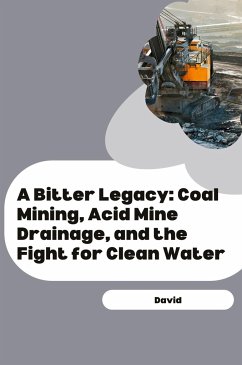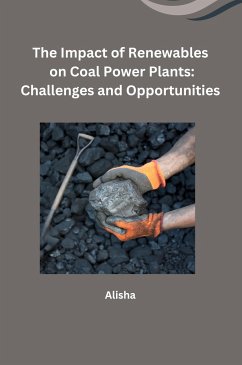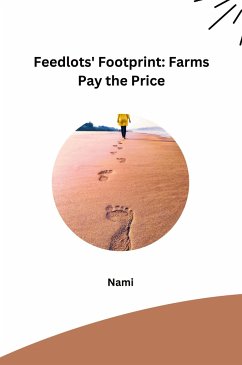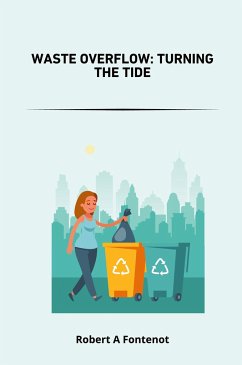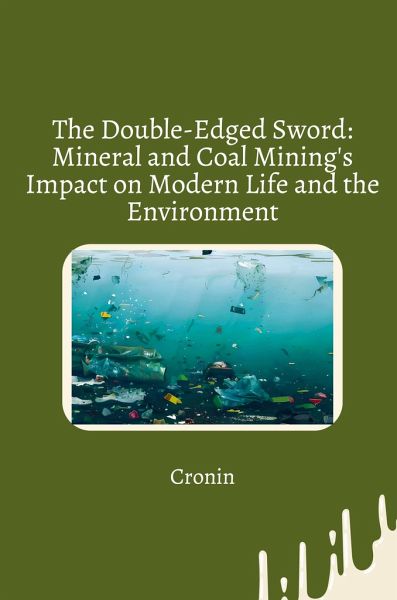
The Double-Edged Sword: Mineral and Coal Mining's Impact on Modern Life and the Environment
Versandkostenfrei!
Versandfertig in 6-10 Tagen
30,29 €
inkl. MwSt.

PAYBACK Punkte
0 °P sammeln!
Although the WHO has not proposed a health standard for sulphate, most countries recommend a drinking water standard between 250 and 500 mg/L for sulphate which is often based on odour and threshold, as higher sulphate concentration may result in an undesirable taste in water (Gorchev and Ozolins, 2011). Infants are more sensitive to high sulphate concentrations than healthy adults (Gorchev and Ozolins, 2011). Prolonged exposure to excess levels of sulphate have been reported to cause gastrointestinal tract problems such as diaerrhoea, inflamation of the bowel and nausea in humans (Bashir et a...
Although the WHO has not proposed a health standard for sulphate, most countries recommend a drinking water standard between 250 and 500 mg/L for sulphate which is often based on odour and threshold, as higher sulphate concentration may result in an undesirable taste in water (Gorchev and Ozolins, 2011). Infants are more sensitive to high sulphate concentrations than healthy adults (Gorchev and Ozolins, 2011). Prolonged exposure to excess levels of sulphate have been reported to cause gastrointestinal tract problems such as diaerrhoea, inflamation of the bowel and nausea in humans (Bashir et al., 2012). Sulphate is extremely corrosive and can cause burns and irritation to the skin, irritation to eyes resulting in blindness and pulmonary edema (excess fluid in the lungs). Ingestion through drinking may cause burns to the throat, mouth, oesophagus and stomach (CSIR, 2013). High concentrations of sulphates in drinking water can decreased forage digestion in cattle and their ruminal metabolic activity which negatively affect their health (Coria et al., 2007). In soil and sediments, high sulphate concentration can cause release of phosphates bound to sediments which could potentially lead to eutrophication (Geurts et al., 2009).





